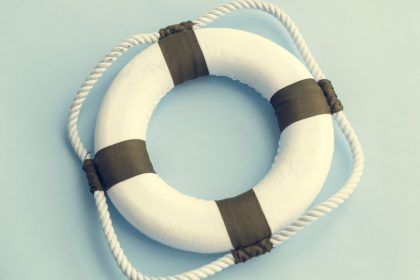
Never leave a child unattended in or near the water.
It only takes a few moments for a tragedy to occur. Make sure that there is a responsible adult watching you child at all times. Even at public pools with a lifeguard, the lifeguard’s view may be blocked.
Teach your child to swim.
Swimming is not only fun and a great way to stay fit, but it may also be a lifesaving skill.
Teach your child to stay away from swimming pool drains.
Teach your child not to play or swim near drains. Your child’s hair or bathing suit can get caught in a drain.
Learn how to perform CPR.
Bystanders often are the first on the scene to help a drowning victim. You may save a life!
A couple of additional pointers for pool owners.
Make sure the pool area is safe.
The pool should be surrounded by a fence at least four feet high that children can’t easily climb. The pool should be accessible through a self-closing, self-latching gate. Install a door alarm from the house to the pool area. Make sure that the pool cover and drain covers are in proper working order.
Your legal obligations as a pool owner.
Patrons of pools that are open to the public are usually considered “invitees.” Pool owners have a duty to use reasonable care in maintaining the pool so that invitees aren’t injured. Social guests are usually considered “licensees.” Pool owners have to warn licensees of dangers that aren’t obvious. Generally, pool owners are not liable to trespassers. However, if the trespasser is a child, the pool owner may be liable under the “attractive nuisance” doctrine. Because a pool is likely to attract children and children may not understand the risks of swimming, a pool owner may be liable to a child trespasser.
These are general rules. Whether you or a family member was injured at someone else’s pool or someone was injured at your pool, you should talk to an attorney.
If you find yourself in need of an experienced personal injury attorney in Delaware, Pennsylvania, New Jersey, or New York, contact Murphy & Landon at 866-939-8100 or 302-472-8100.





